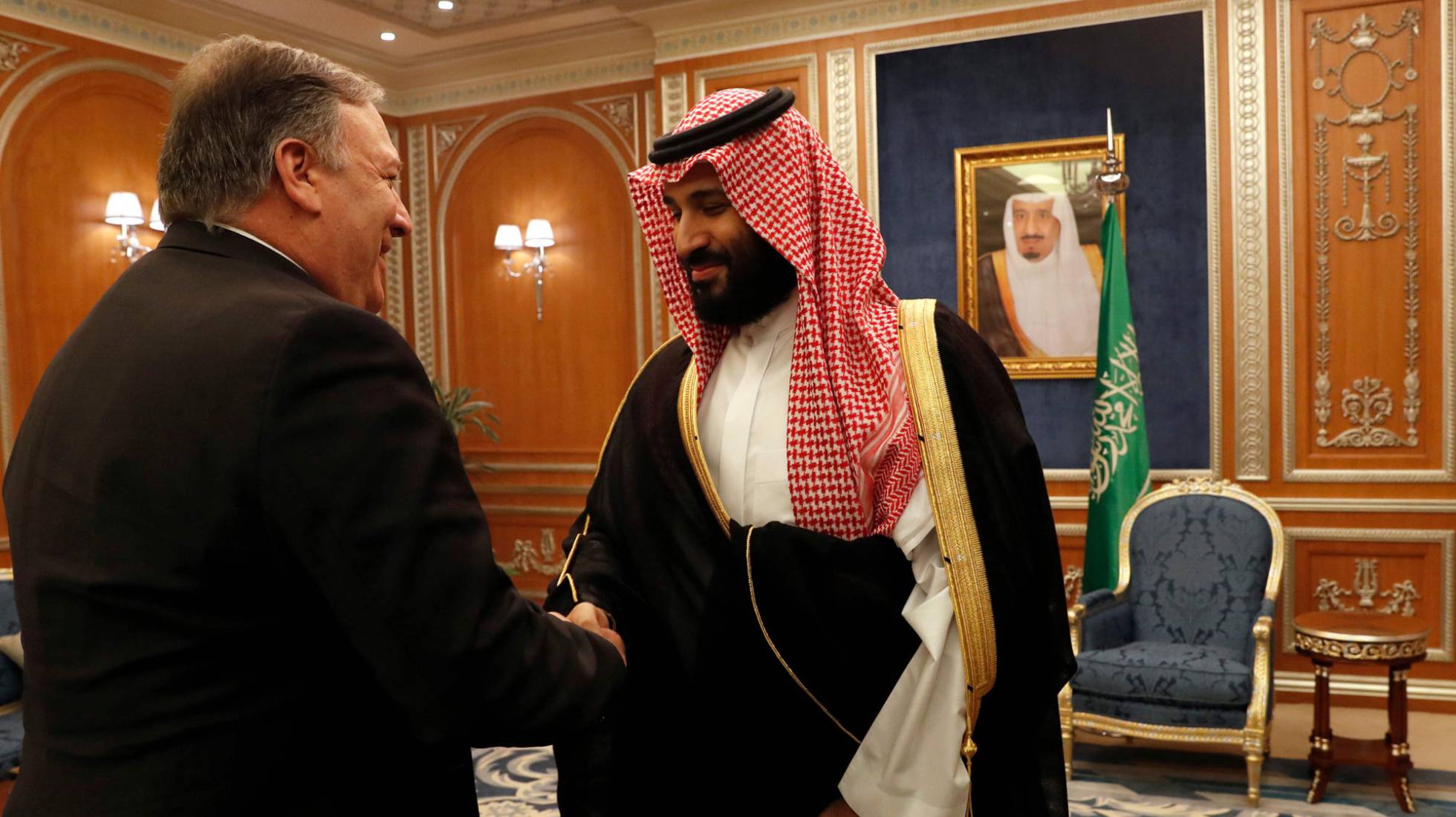
The cocktail was unstable, and sure enough, it has just exploded. The two ingredients: a medieval, cruel and bloodthirsty prince mixed with an economically globalized country that is the world’s most important petroleum exporter, a partner in the biggest multinational companies and a top investor in European and American markets, the second largest client in the global weapons trade and a strategic ally protected by the global superpower, directed by the chaotic presidency of Donald Trump.
The tragic death of Jamal Khashoggi at the hands of a hitman hired by the heir to the throne, Mohammed bin Salman, is a new and grave breakdown in globalization during the Trump era. Crimes such as what happened at the consulate in Istanbul have occurred many times throughout history, but few with such centrality and capacity to destabilize the globe. Whoever conceived of this crime, following the old format for a state assassination, did not think about globalization. Even as it is breaking down, the globalized world is still at a stage that is difficult to sneak away or hide from.
This case is unlikely to be investigated. In theory it should be investigated by an internationally credible institution that this type of crime would require. But even without corroboration that he is responsible for this crime, MBS is already seen by the world as a bloodthirsty tyrant like many others that have made their marks in Arab history. He is not the visionary reformer that is going to modernize and open Saudi Arabia, as Mikhail Gorbachev did with the Soviet Union. Rather, he is among the foremost examples of murderous leaders, taking his place beside Saddam Hussein and Moammar Gadhafi, both of whose stories ended badly, and Hassan II, who died in his sleep, but who had made his adversary, Mehdi Ben Barka, disappear in 1965, kidnapped, killed and probably dissolved in acid.
This murder affects the stability of the Saudi government, a feudal monarchy without laws – not even laws of succession – and ruled through power relations. Force, then, is the ruler, and it is interpreted as strictly as possible under Islamic law. MBS, suspect number one, will find it more difficult to succeed his father, King Salman. In spite of the regime’s lack of transparency, it is common knowledge that a rift divides the extensive family, which is especially terrified after MBS detained and confiscated the wealth of 200 princes and magnates. Royal fear has been intensified now that someone like Khashoggi, an adviser and confidante to princes, ministers and former monarchs, has been killed.
The breakdown will also affect MBS’s economic plans and his top-down reforms, including Aramco’s debut on the market, which was going to be the world’s largest ever initial public offering. More importantly, Saudi Arabian relations with the world will be affected, and as a consequence, so will the region’s geopolitical balance, including two open wars in which Saudi Arabia is actively and controversially participating – one in Syria and another in Yemen. Trump and his son-in-law, Jared Kushner, a personal friend of MBS, will have a hard time convincing anyone, especially Congress, that it is Iran that is the face of evil in the Middle East. The White House still hasn’t realized it, but the blood cocktail could explode onto those that don’t get away in time.

Leave a Reply
You must be logged in to post a comment.